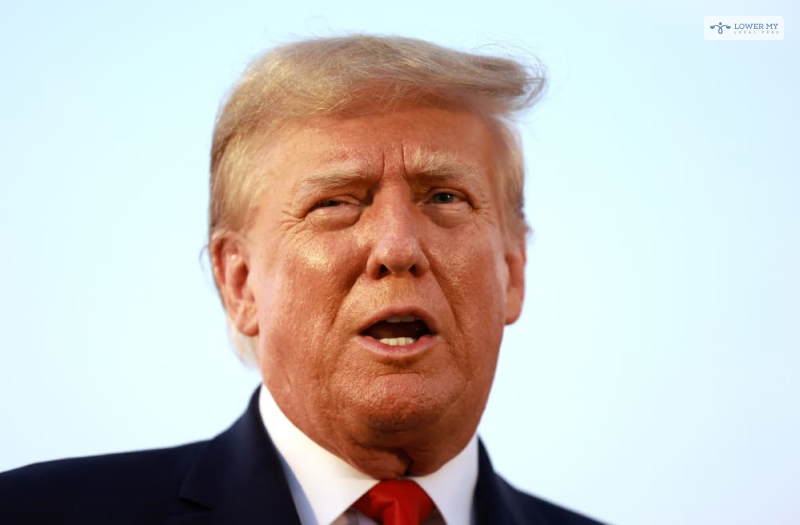In a high-stakes legal development, former President Donald J. Trump has entered a plea of not guilty in the ongoing election fraud case in the state of Georgia. The case centers around allegations of election misconduct during the 2020 Presidential election, which has been a point of contention since the results were certified.
Mr. Trump’s legal team filed the not-guilty plea on his behalf, signaling his intention to vigorously contest the charges. The case alleges that Trump, through his efforts to overturn the election results, violated state election laws and improperly pressured officials to change the outcome in his favor.
The former President’s plea comes after months of legal wrangling and heated debates about the legitimacy of the 2020 election, which he has continued to contest despite multiple court rulings and investigations affirming the election’s integrity.
Legal experts anticipate that this case will garner significant attention and scrutiny, given its implications for election integrity and the broader political landscape. It raises questions about the accountability of elected officials and the boundaries of political discourse.
The case is expected to proceed through the Georgia legal system, with both sides presenting their arguments and evidence. The outcome will have implications not only for the former President but also for how the United States deals with allegations of election misconduct and the precedent it sets for future cases.
As the legal proceedings unfold, the nation will be closely watching, as the case has the potential to impact public trust in the electoral process and further shape the discourse surrounding election integrity in the United States.
Read More:






